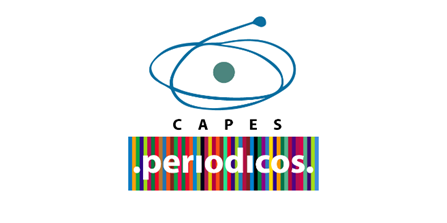About the Journal
The Electronic Journal of Law and Politics (EJLP) is a quarterly scientific journal with a "continuous flow" publication model, aiming to promote the enhancement of studies in the field of Law by publishing original articles and research reports in the following research lines:
Constitutionalism and the Production of Law - This research line focuses on the study of constitutional principles as the axiological and normative vertex of the legal order. Investigations within this line expand both in a zetetic sense, reflecting on the philosophical premises that underpin the value choices enshrined in the Constitution, and in a dogmatic sense, applying constitutional principles in the daily legal argumentation used in the production and application of law.
Law, Jurisdiction, and Artificial Intelligence - Starting from a broad conception of jurisdiction, not limited to state power, studies within this research line encompass various heteronomous forms of conflict resolution, examining the principles regulating jurisdictional activity, procedural elements, power aspects underlying the exercise of jurisdiction, and the specific features of jurisdiction in different contexts—transnational, state, and international. Additionally, this research line seeks to encompass the phenomenon of Artificial Intelligence and how it can affect and bring about transformations in the legal field and the current jurisdictional system, analyzing the ethical, legal, and social challenges that arise with the implementation of AI in the legal system.
Environmental Law, Transnationality, and Sustainability - This research line encompasses innovative topics that have as their background the current globalized scenario, which has broad repercussions in environmental, economic, social, and political dimensions, addressing new demands related to Transnationality and Sustainability.
As is well known in Academia, both Legal Science and Political Science play a fundamental role in the study of human relations. For this role to contribute to Society, however, an effective channel of scientifically conceived information and knowledge is necessary. Being this instrument is the primary mission of the Electronic Journal of Law and Politics.
The journal's proposal for scientific quality is based on the established and recognized parameters for publication recommended by CAPES (Coordination for the Improvement of Higher Education Personnel) and adopted by UNIVALI's scientific journals, with high-level researchers on its editorial board to select and evaluate the articles submitted for consideration.
The Electronic Journal of Law and Politics, which began in 2005, has established itself as a motivating element for the dissemination of knowledge in the field of applied social sciences, serving as a vehicle for the continuous improvement of discussions on such a relevant area of knowledge.
The target audience of the journal includes researchers, PhDs, doctoral candidates, Masters, Master’s students, and undergraduate students in the broad field of Applied Social Sciences.













